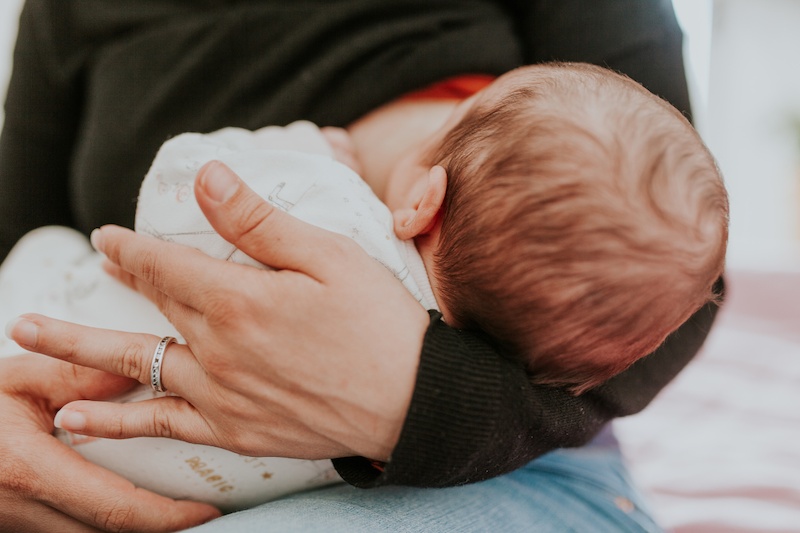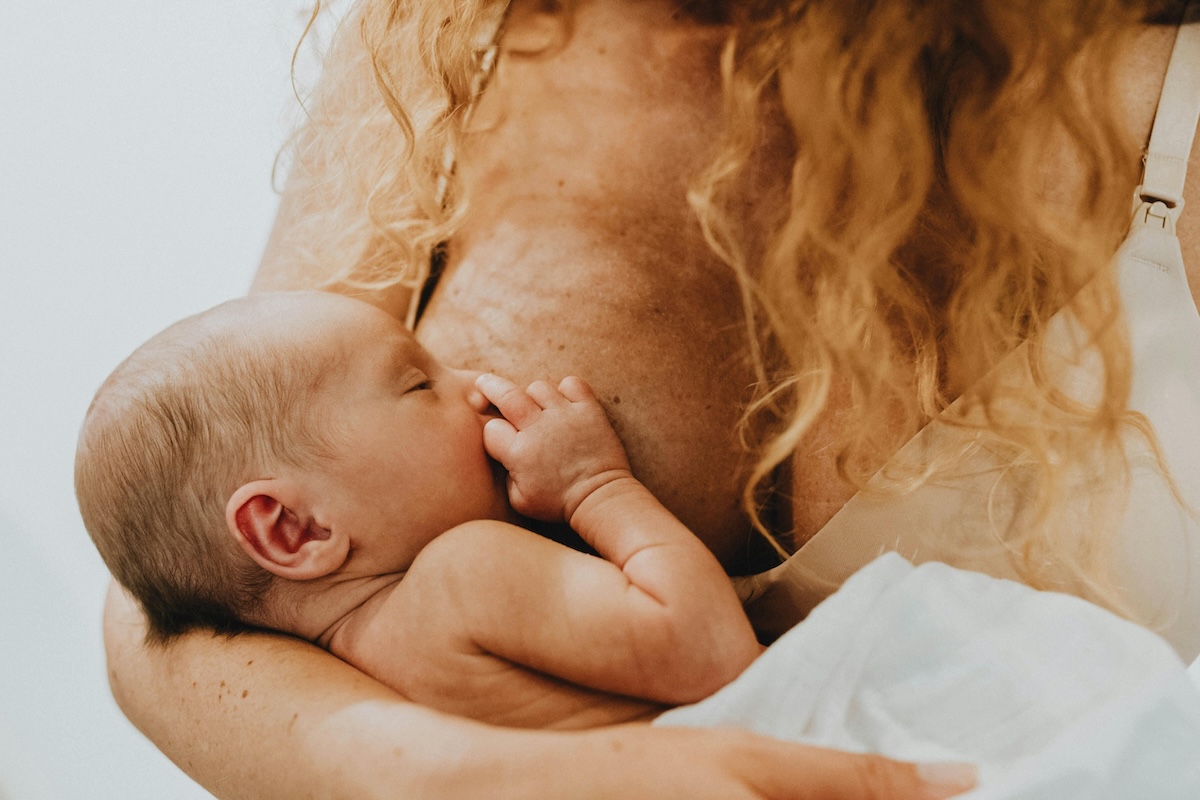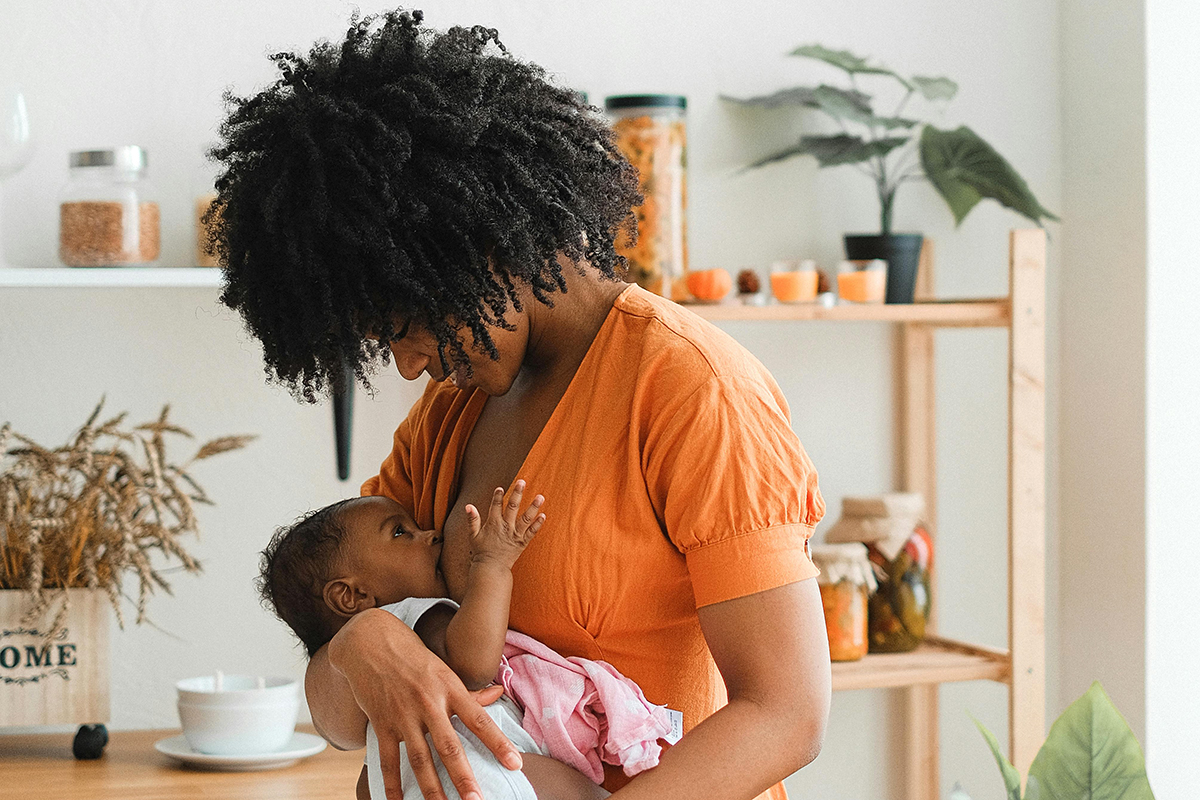It feels like my newborn will NOT stop breastfeeding. Is she really this hungry? Is she not getting enough milk? It seems like I stop feeding her only to start a few minutes later. Is this what cluster feeding is? And if so, should I do anything different when feeding her with a bottle?
—Feeling Like a Cow
Newborn babies eat a lot, full stop. This is true for a few reasons. First, their stomachs are small (on day one, about the size of a marble; by day seven, an apricot), so they can’t store up for later. Second, eating is tiring. Babies work hard at it, and then often just fall asleep, only to wake up still hungry.

To get a more detailed sense of the range of normal, we can look at data. In one study of 500 women in Sweden, researchers found the average 2-week-old baby was breastfed eight times over a 24-hour period, but the range was four to 16. Sixteen feeds in a day will mean stretches with limited breaks in eating.
Some babies in this study were on the breast for six hours in a 24-hour period. That is simply a lot of time, and babies aren’t very organized, so these six hours of feeding may be mostly crunched into, say, 12 hours of the day. Which would mean you would literally be nursing half the time. This can also mean a lot of “cluster feeding,” basically, many feeds within 30 minutes to an hour.
That study was published in 1999; there does not seem to be any updated data, although breastfeeding tracker apps would seem like a natural way to get this information (if you work for a breastfeeding app, call me!).
One of the tricky things about nursing is that it can be difficult to know how much milk your baby is getting, and if they are eating all the time, it’s natural to worry that maybe this is a supply issue. If your baby is peeing frequently and gaining weight, that’s a sign it’s working. If they aren’t peeing regularly (newborns should have at least six wet diapers per day), then you should call their pediatrician.
In terms of bottle feeding, babies will often take more milk from a bottle than nursing, partly because it’s lower effort. You do not need to replicate the breastfeeding frequency experience with a bottle — just pay attention to their cues. Babies will usually tell you when they are done!
The good news is that over time, the frequency of feeding goes down. So cluster feeding will not be around forever.
Community Guidelines















Log in